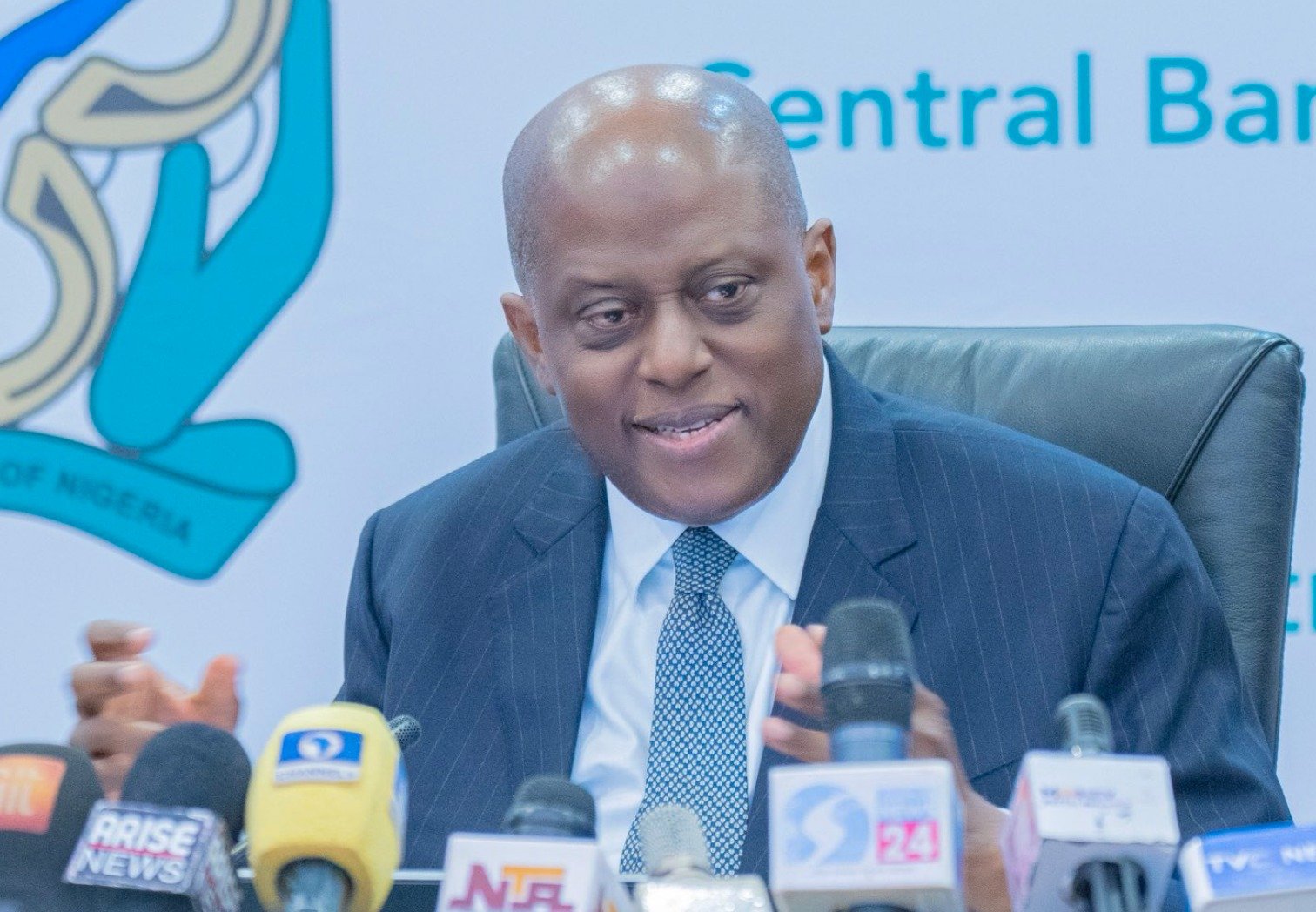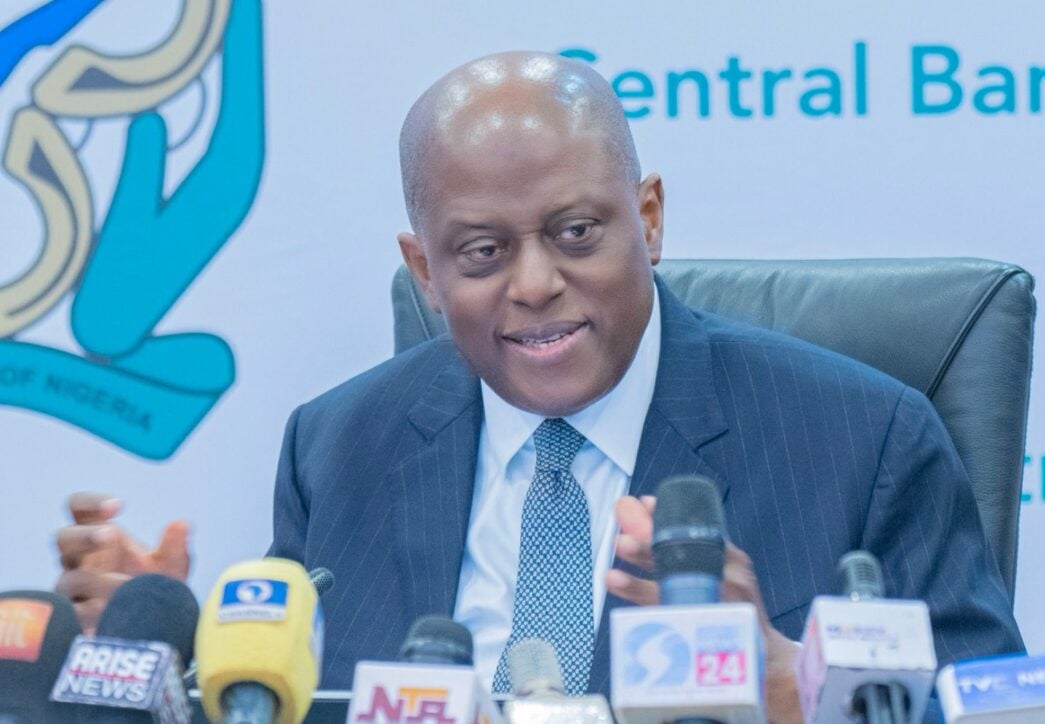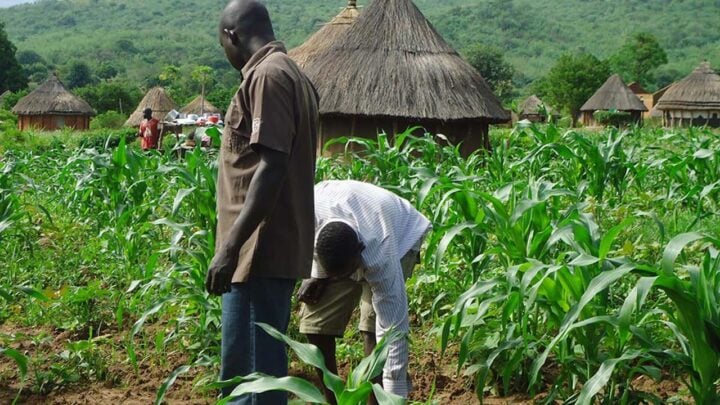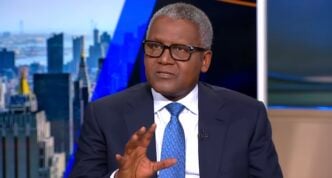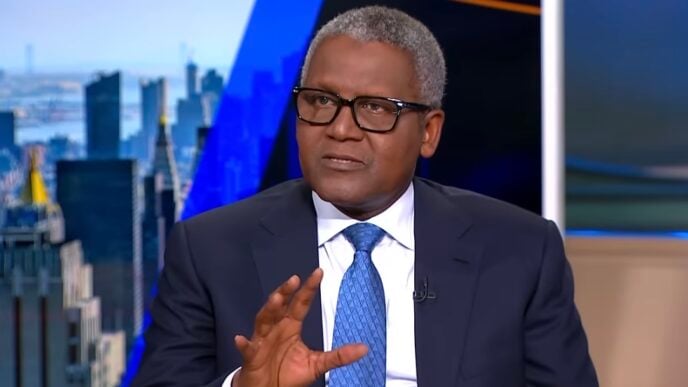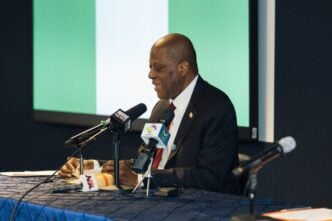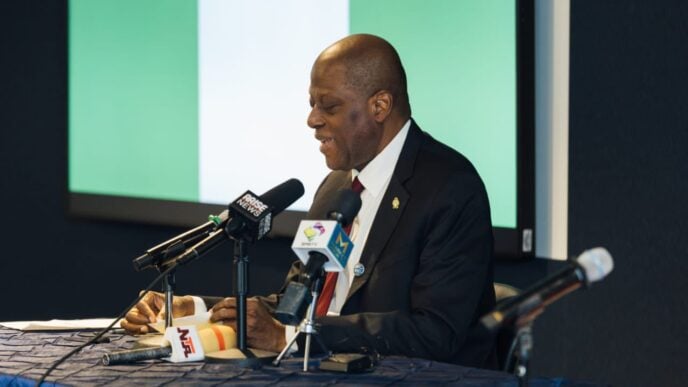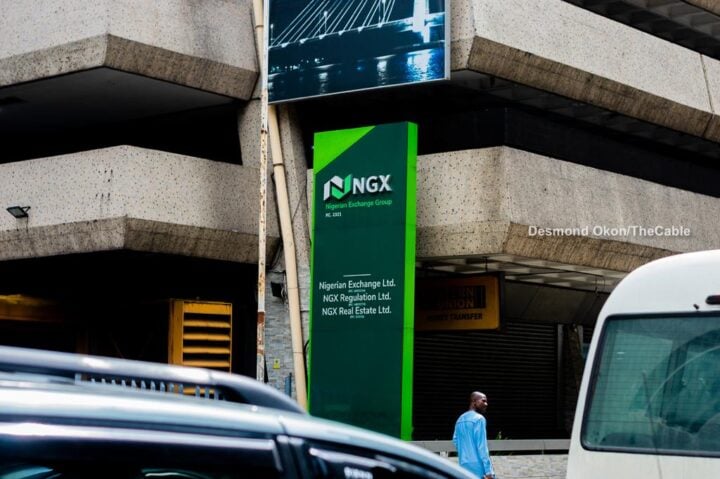Olayemi Cardoso, CBN governor
The Central Bank of Nigeria (CBN) says it intends to play an active role in shaping global regulatory frameworks on stablecoins to ensure innovation strengthens financial stability rather than undermines it.
Olayemi Cardoso, governor of the CBN, disclosed this in Washington D.C. while addressing journalists at the end of the 2025 annual meetings of the International Monetary Fund (IMF) and the World Bank Group on Friday.
Cardoso said discussions during the meetings reflected the rising importance of financial technology and digital assets in global finance, including stablecoins — digital tokens designed to maintain a stable value.
“Building on this spirit of innovation and responsible growth, a theme that surfaced in meeting after meeting throughout this week, is the rising prominence of stablecoins in the global financial system,” he said.
Advertisement
“Their potential to enhance payments inclusion and cross-border transactions is undeniable, yet they also raise important questions around monetary sovereignty, exchange rate stability and financial integrity.”
He said the CBN would engage actively with global regulators to help define clear and consistent rules for digital assets, ensuring that Nigeria’s economic interests are protected.
“As global regulators work to define clear and consistent frameworks, Nigeria intends to play an active role in shaping this conversation — ensuring that innovation supports, rather than undermines, financial stability and economic sovereignty,” Cardoso said.
Advertisement
The apex bank governor said Nigeria’s fintech sector remains an important partner in the country’s drive toward innovation and inclusion.
He, however, said innovation must be matched with integrity and sound regulation.
“We are deepening partnerships with key stakeholders driving innovation and investment, including holding a strategic session with Nigerian fintech leaders,” he said.
Cardoso described fintech companies as “ambassadors of Nigeria’s creativity, resilience and global relevance,” noting that closer engagement with them would help build a more secure and inclusive digital financial system.
Advertisement
“Engaging them as partners ensures that Nigeria’s digital financial future is built on innovation, integrity and inclusion,” he said.
‘BANK RECAPITALISATION PROGRESSING STEADILY’
Providing updates on the ongoing recapitalisation programme, the CBN governor said the exercise is progressing steadily and will make Nigeria’s financial institutions stronger, more resilient, and globally competitive.
He said ensuring financial system stability remains a top priority for the apex bank, adding that the recapitalisation drive is part of ongoing reforms to reinforce confidence and position banks to support Nigeria’s long-term growth.
Advertisement
“Financial system stability remains central to our work, and the bank recapitalisation programme is progressing steadily — making Nigerian banks stronger, more resilient and globally competitive,” Cardoso said.
On the monetary side, he said the CBN has restored “orthodoxy” in monetary management by relying on traditional instruments such as the monetary policy rate, cash reserve requirement, and liquidity ratio to control liquidity and anchor expectations.
Advertisement
“These measures, together with close coordination with fiscal authorities, are delivering tangible outcomes,” he said.
“Reforms have enhanced transparency and efficiency, supporting the ongoing disinflation trend alongside stable exchange rates, durable improvements in food supply, and continued moderation in petroleum product prices.”
Advertisement
The CBN governor said the recapitalisation effort is not just about raising new capital but about building stronger institutions capable of supporting Nigeria’s economic ambitions and competing internationally.
He noted that with inflation moderating, the naira stabilising, and reserves improving, the next phase of reforms would focus on strengthening banks, deepening markets, and supporting private-sector growth.
Advertisement
Cardoso said Nigeria’s story is one of “resilience, of a nation aligning courage with conviction to build a more competitive, innovative, and inclusive economy”.
